Counter, cupboard, or cooler?
Dad likes his ketchup room temperature, mom’s sure that it will poison the family left outside the fridge. Settle these family arguments once and for all with this handy guide.
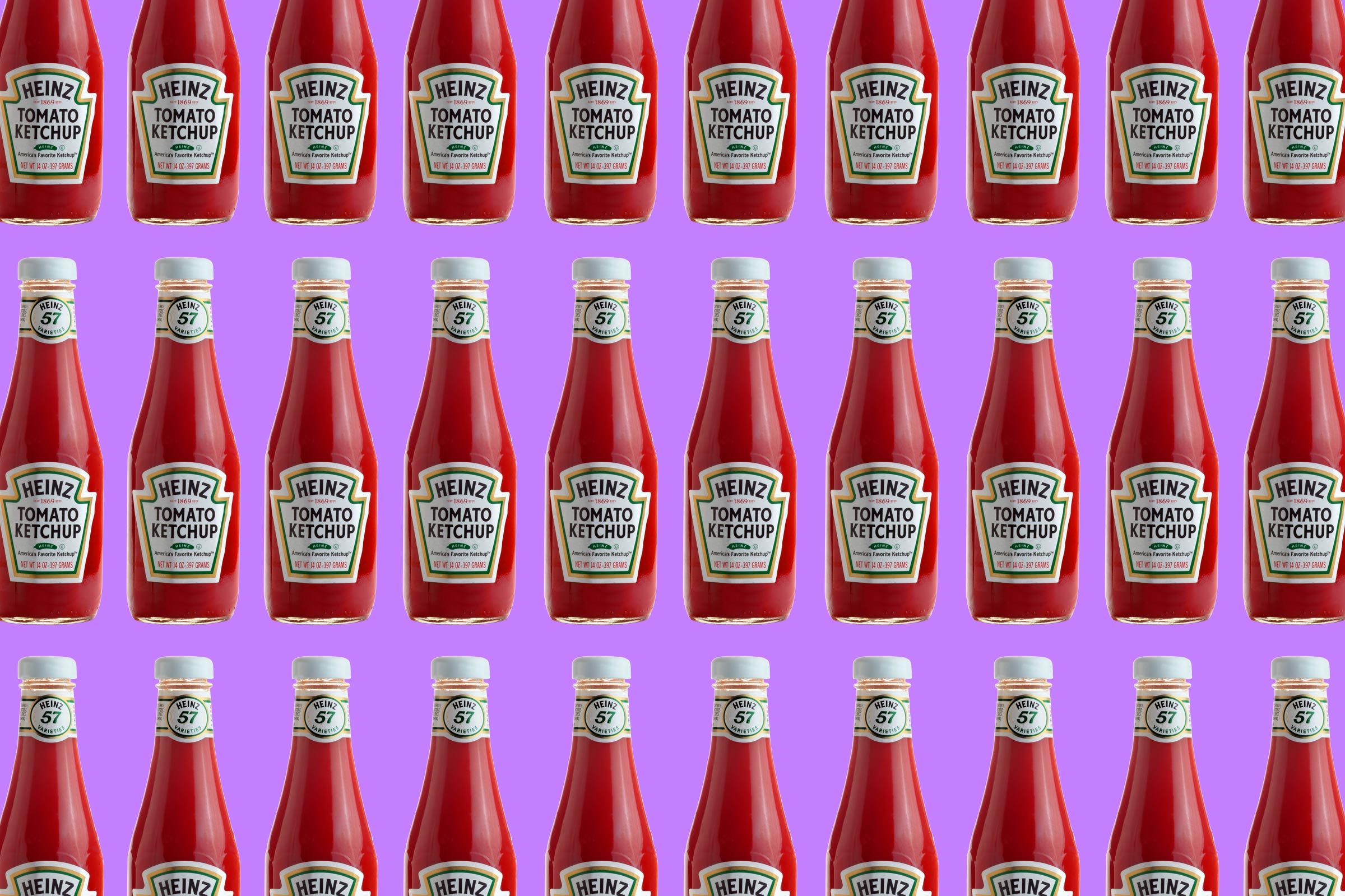
Ketchup
Like many condiments, ketchup can be stored either in the refrigerator or on the shelf even after it’s been opened, according to Cornell University and the Food Marketing Institue (FMI). If you don’t use it regularly, however, opt for the fridge. Unopened ketchup will last at least a year. Once opened, it should be used within a month if stored in the cabinet or within six months if stored in the refrigerator. Discover healthier versions of your favorite condiments.
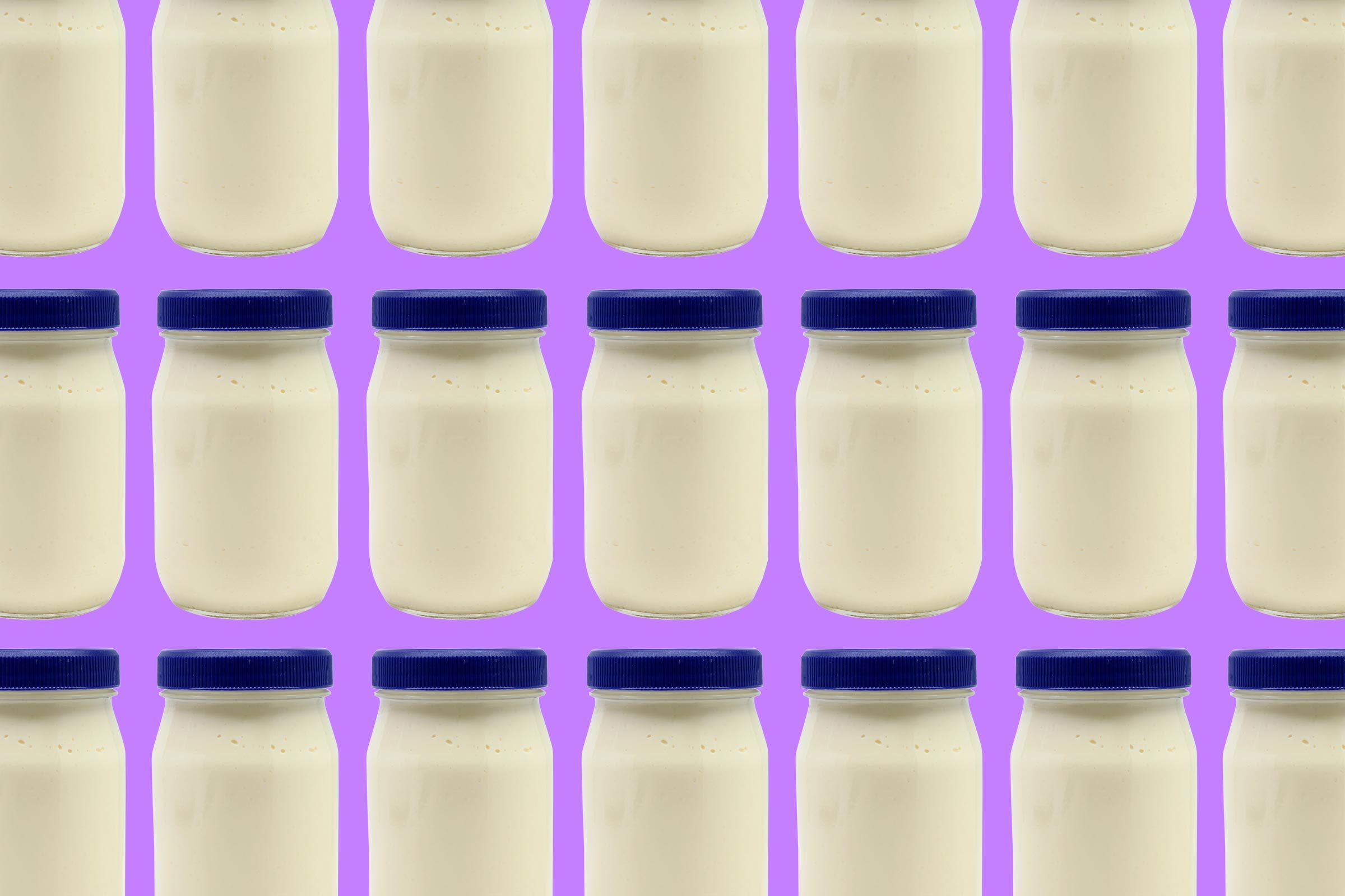
Mayonnaise
Unopened mayonnaise stored in the pantry should ideally be used by the “Best By” date on the package (but in most cases will still be good for up to four months after that date). Mayo is made from eggs, so it must be refrigerated once it’s been opened. A jar of mayonnaise is good for two months in the fridge after it’s been opened, reports the United States Department of Agriculture (USDA).
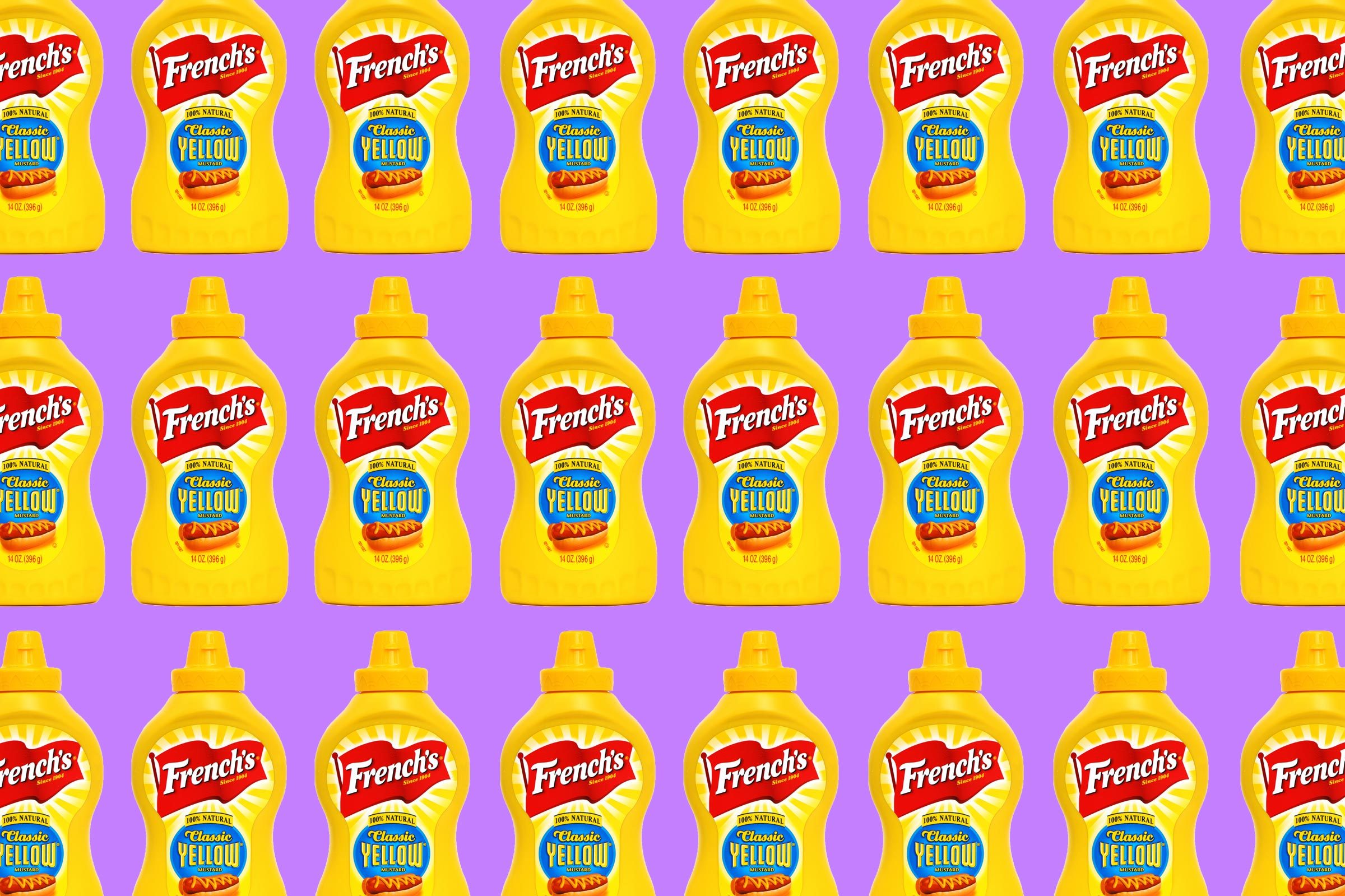
Mustard
One of the heartier condiments, unopened mustard can still be used after a year on the shelf, says the FMI. Once opened, a jar can be stored for up to one month in the cabinet and a full year in the fridge. See which condiments are bad for your health.
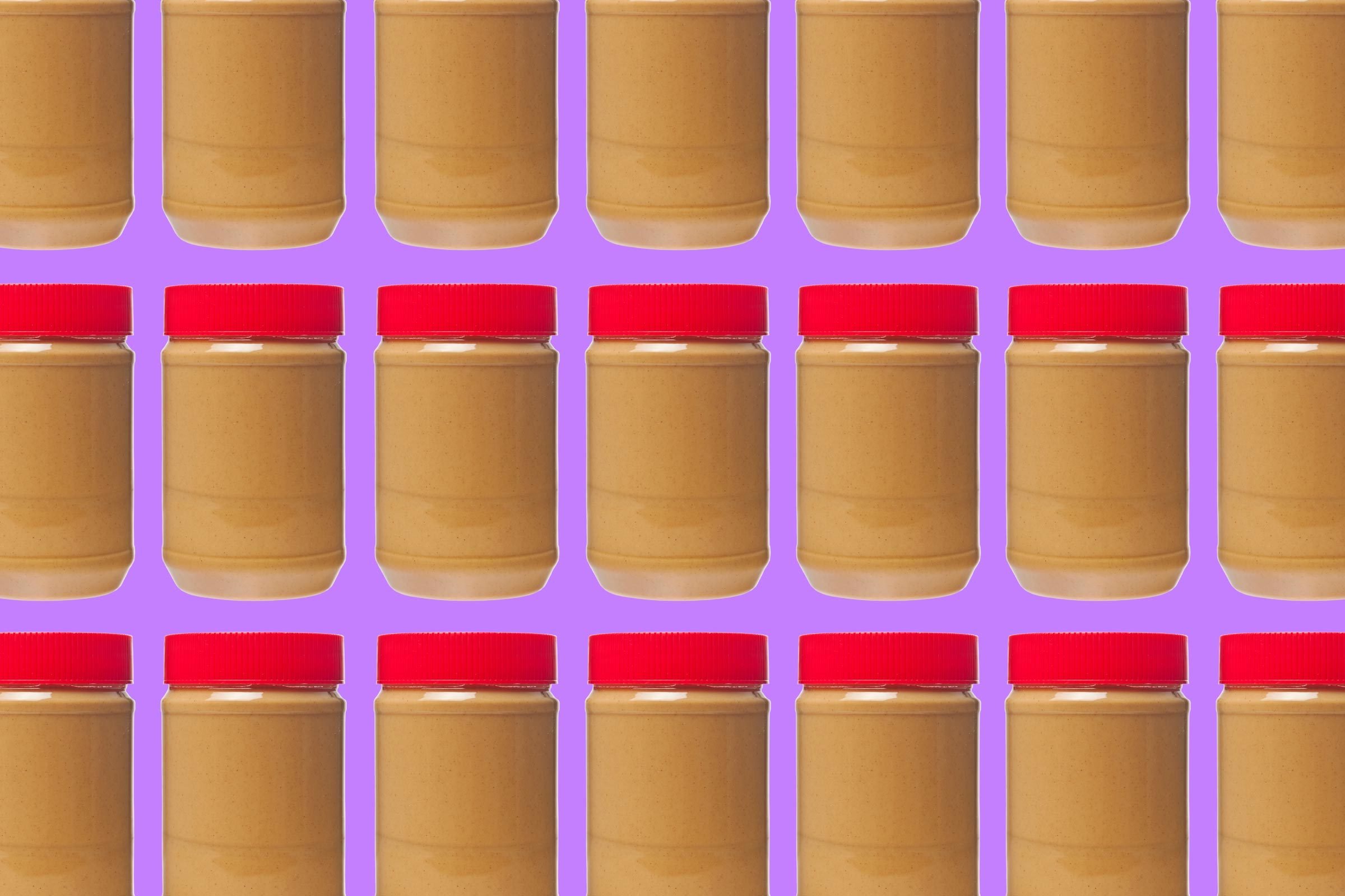
Peanut butter
Unopened jars of PB can be stored in the cabinet for up to nine months, according to the National Peanut Board. Opened jars are fine for at least two months on the shelf, and up to nine months in the refrigerator.
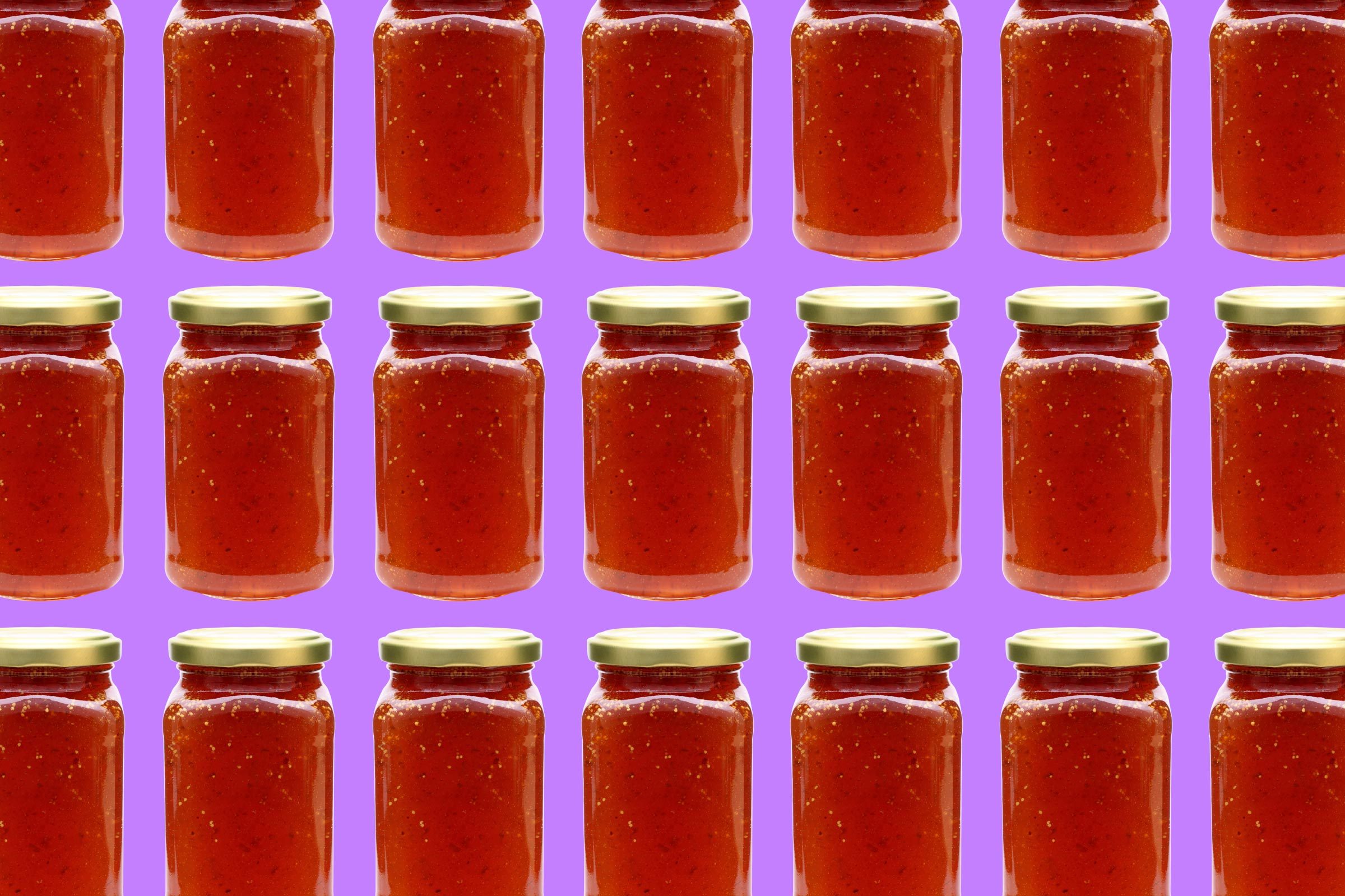
Jams, jellies, and preserves
Unless they’re homemade or the label instructs otherwise, unopened jars can be stored for at least a year on the shelf, though they will last longer and taste better if refrigerated. Once opened, jams and jellies last another six months in the fridge, reports the FMI. Discover which foods you should never keep in your pantry.
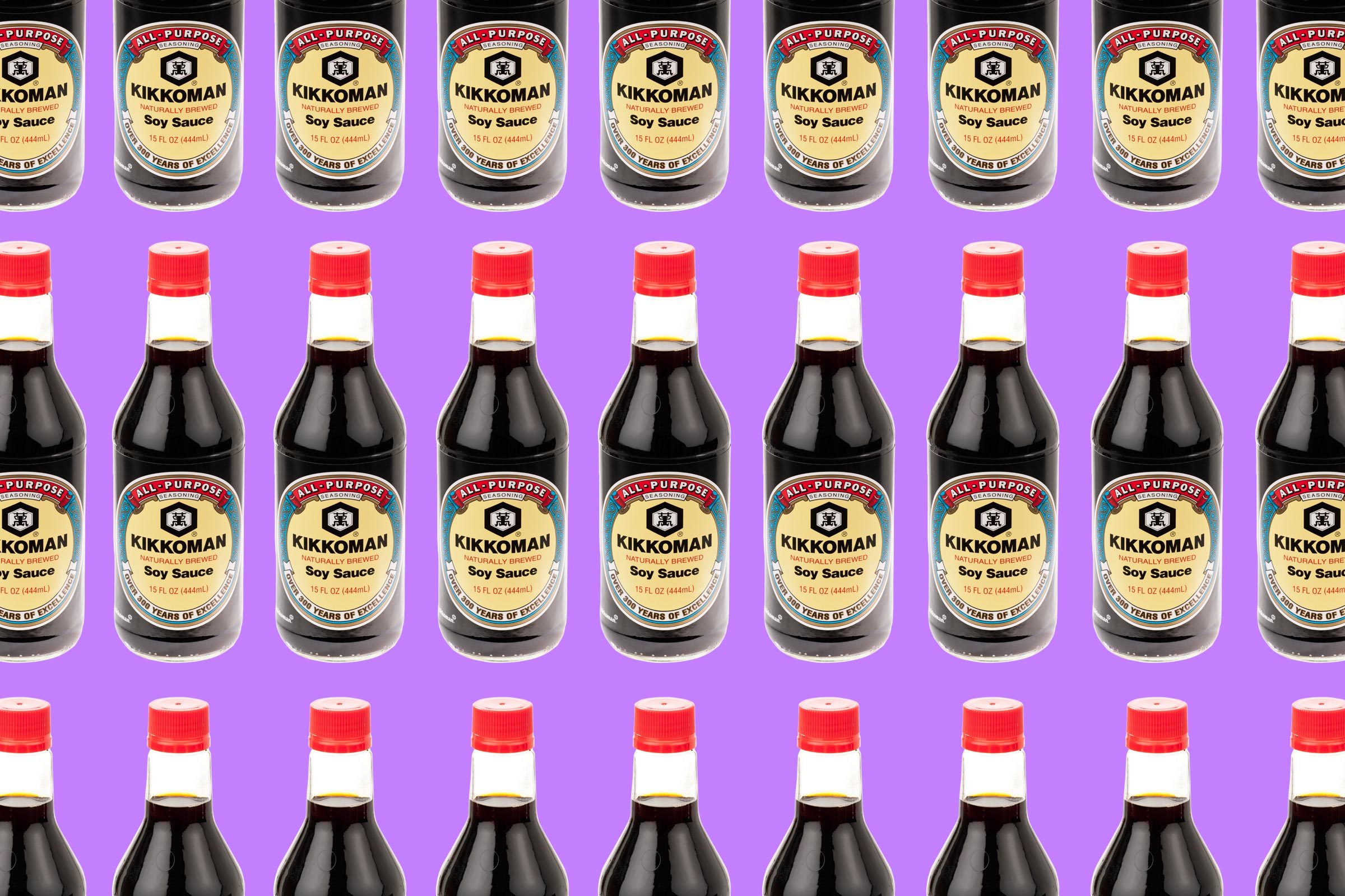
Soy sauce
When it comes to condiments, soy sauce goes the distance. An unopened bottle will last up to three years on the shelf, say the experts at Kikkoman (the familiar soy brand), while an opened bottle can remain in the fridge for up to two years. Opened soy sauce can be stored on the shelf for a short time, but it maintains its quality longer if it’s refrigerated.
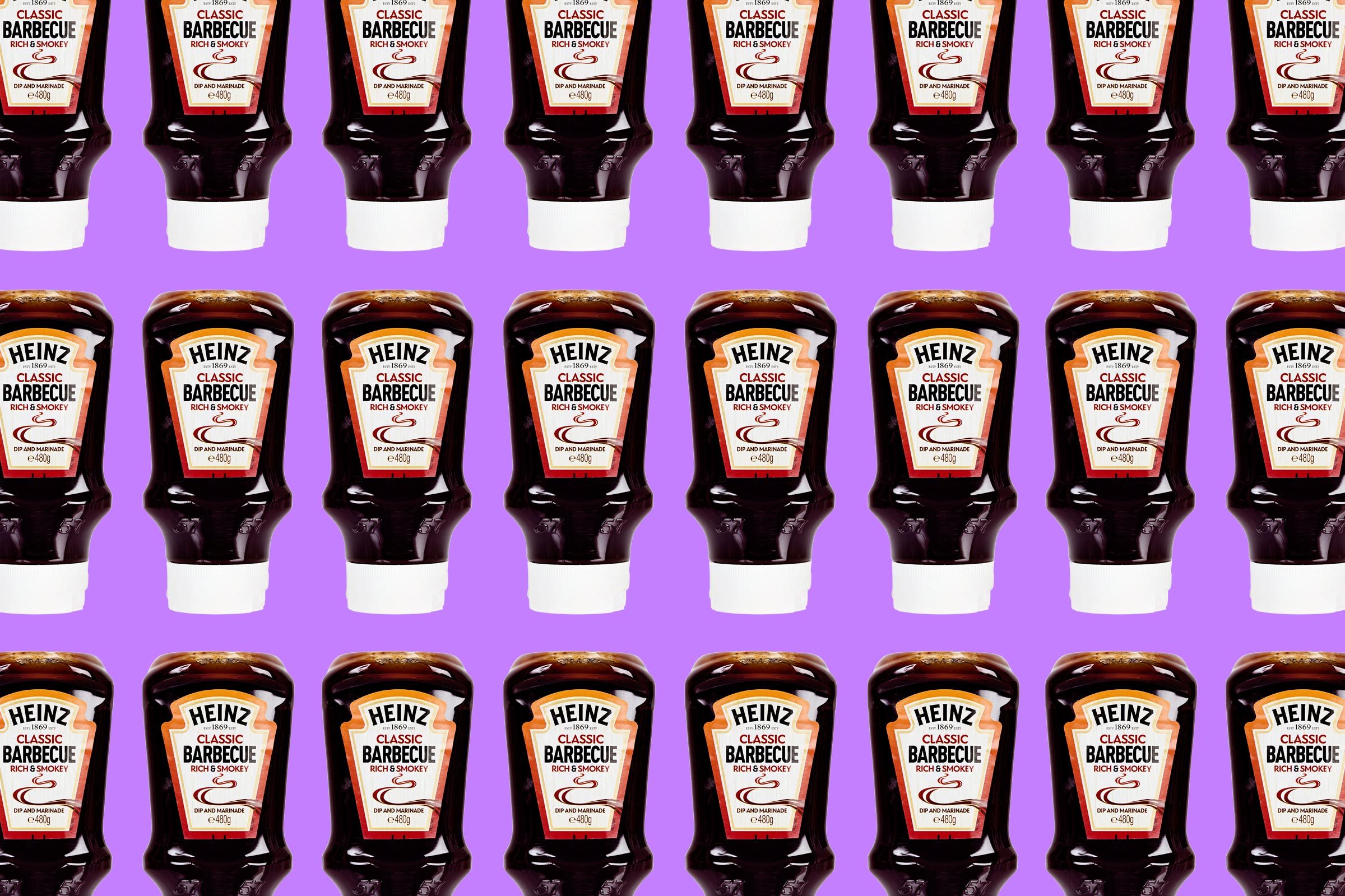
Barbeque sauce
Your BBQ sauce can remain in the cabinet for a year unopened. Once opened, bottles can be stored up to a month on the shelf and up to four months in the refrigerator. Enjoy a healthier version of barbeque sauce.
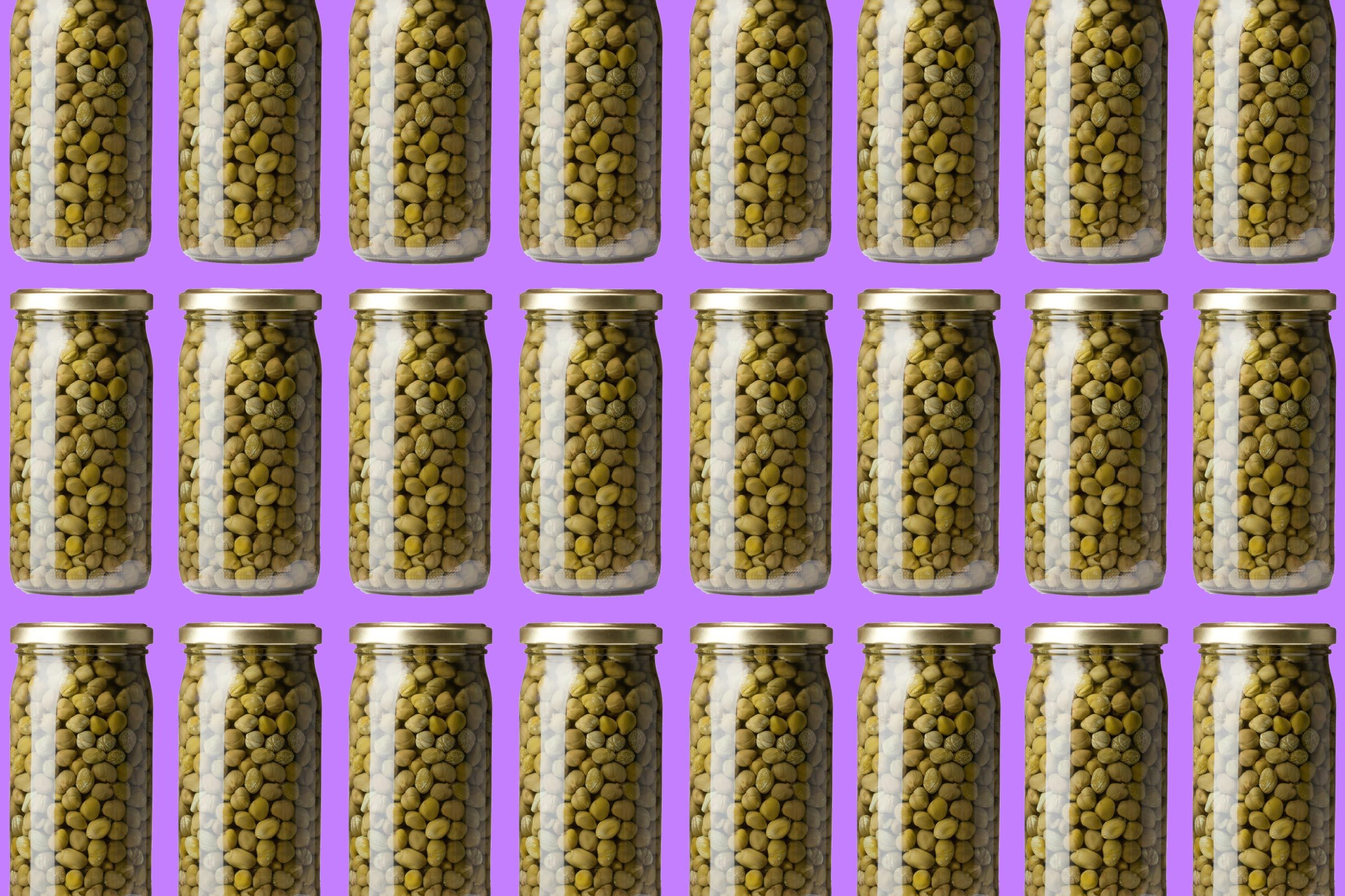
Capers
Follow the use-by date on the label, but in general, unopened jars of capers packed in brine can be stored on the shelf for up to three years before opening, and up to a year in the refrigerator after opening, according to the USDA.
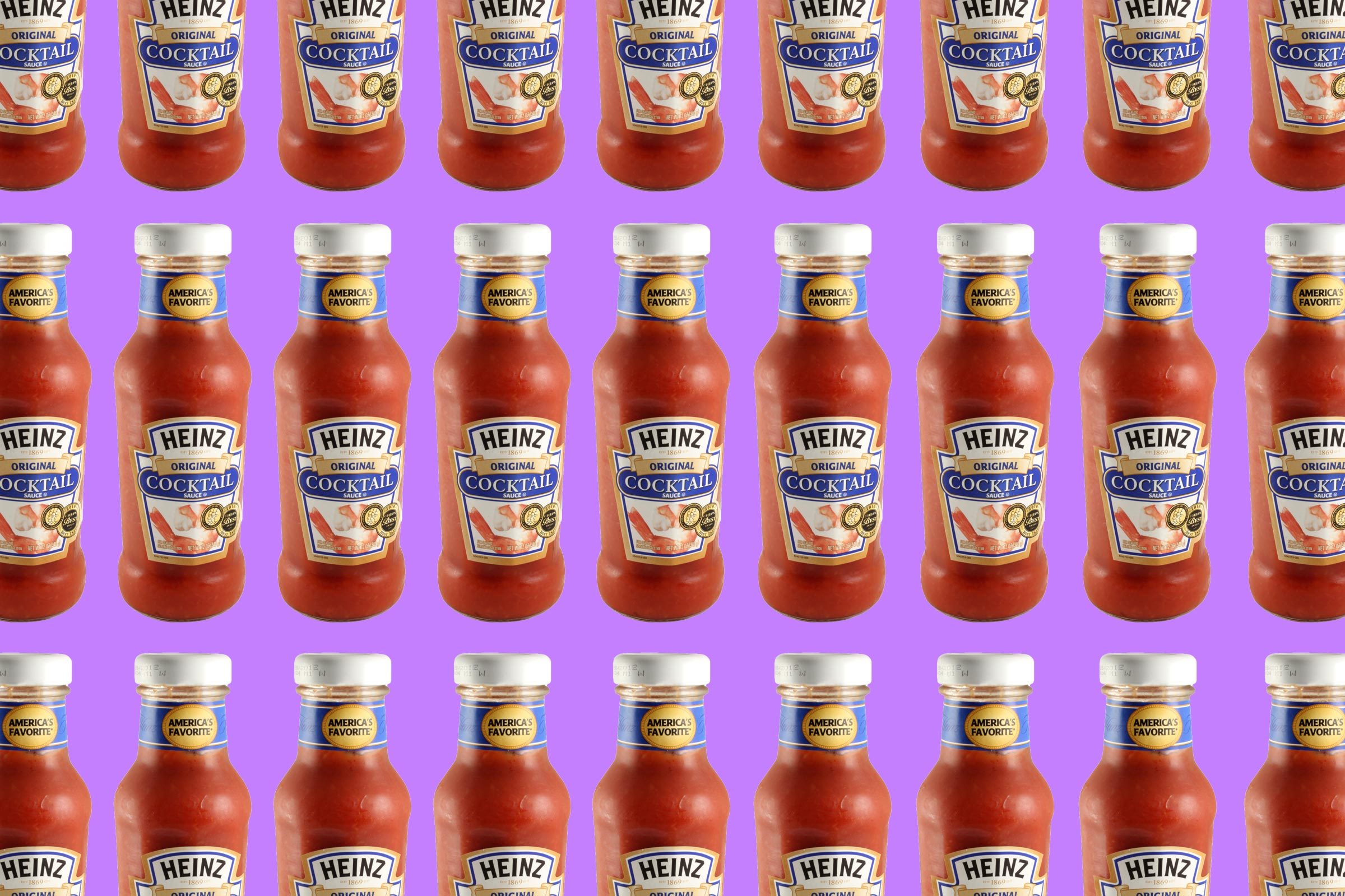
Cocktail sauce
Store unopened cocktail sauce in the pantry for up to a year, says the FMI. Opened jars can remain on the shelf for up to a month, but will last six months in the refrigerator. (Note: Never dip seafood directly into the jar or pour any sauce that has come in contact with seafood back into the jar.)
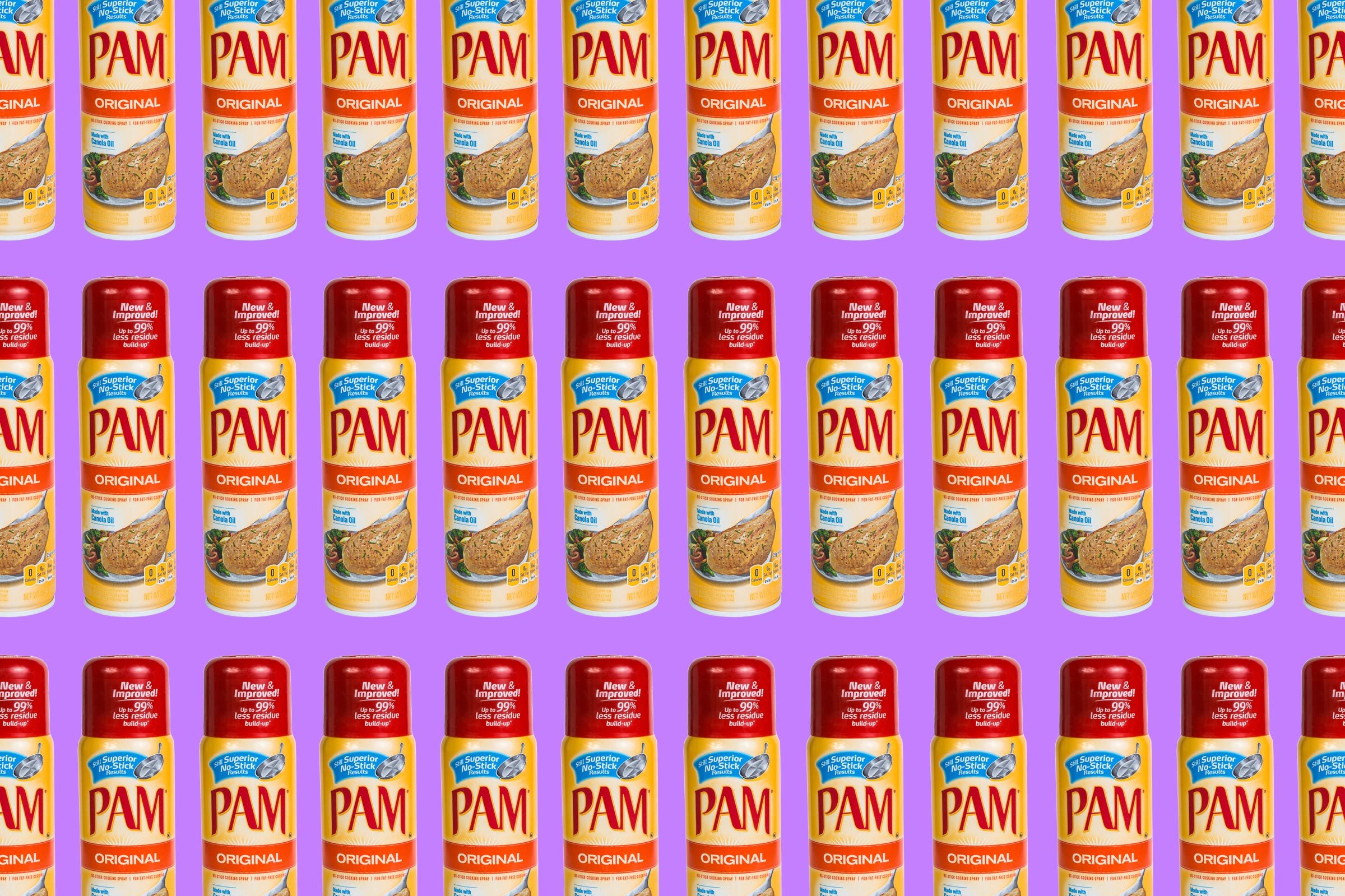
Vegetable oil sprays
Handy spray cans of most varieties of oil will last up to two years in the pantry once opened, say the experts at the USDA. Keep them with these other foods you should never keep in the fridge.
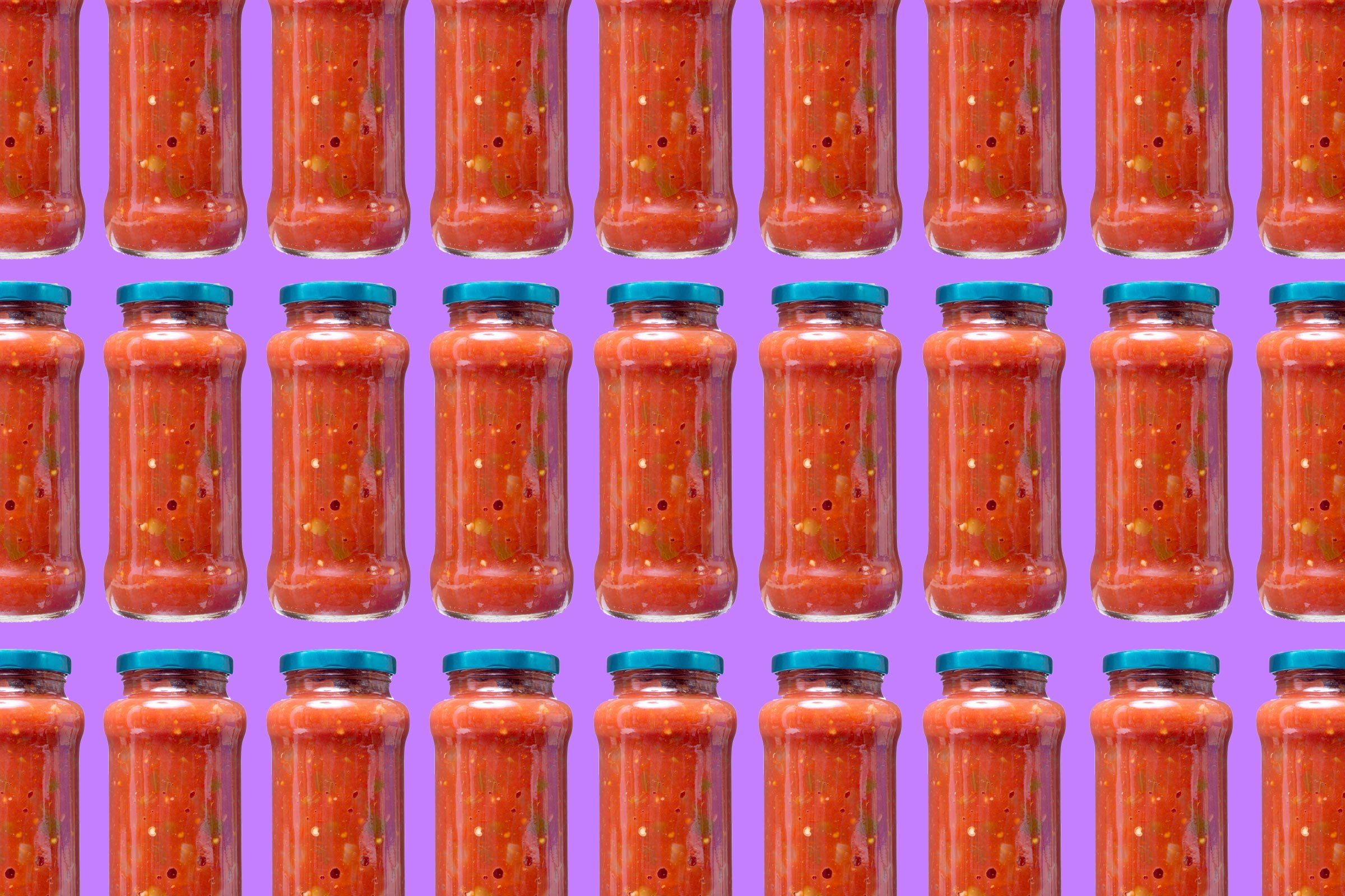
Salsa
Bottled, unopened commercial salsa will last in the pantry for up to 12 months. If transferred to a freezer bag or air-tight container, it can be frozen for another two months. Once opened, it can last in the fridge for a month. Fresh salsa should be opened within two weeks or frozen for up to two months. Once opened, eat it or freeze it within a week (ditto for homemade). Now that we’re mentioning salsa, can double-dipping actually make you sick?
